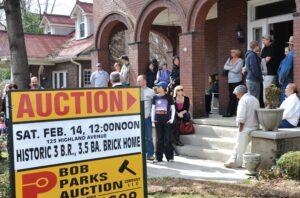A few such cases have made news recently, notably a high-profile attempted theft of Elvis Presley’s former home, a tourist attraction owned by his granddaughter.
It’s something that gives property owners the willies, and computer technology enabling crooks to create very realistic-looking fake legal documents elevates the risk somewhat, but title theft is too rare to lose sleep over.
Owner-occupied dwellings usually aren’t targeted; title thieves go after vacation, rental, and vacant properties (as when an elderly relative died). Read story here.
The law: You can’t lose legal ownership of your property through theft. If a crook sells your property to an innocent third party, you still own the property and the buyer doesn’t, he’s simply out the money he paid to the crook.
The problem: Straightening out competing ownership claims can require hiring a lawyer and going to court, an expensive and inconvenient process; meanwhile, the right to occupancy may be contested, and the costs may or may not be covered by title insurance.
Most at risk: Prospective buyers, who should work with reputable professionals to verify the seller owns the property and is conveying a valid title. DIY records research isn’t enough, because the crooks impersonate the actual owner, using his name and forging his signature to fake documents. Once they disappear with your money, and you have a worthless fake title, you’ve been robbed.
Photo below: Real estate auctions are legitimate, but an easier way to sell a fraudulent title than a traditional agent sale, so do your due diligence
